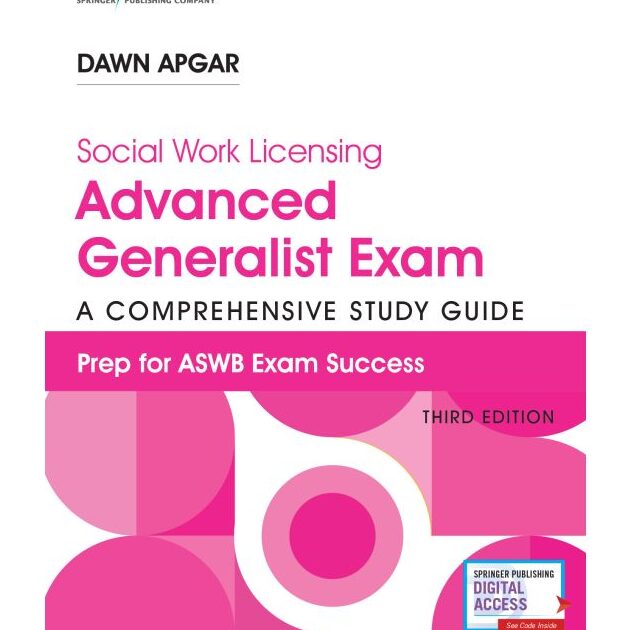As the title suggests, a HR generalist carries out various tasks across the HR remit. They are quite possibly the ultimate multi-tasker!
What they do exactly really boils down to each specific employer and how their HR department is structured. For example, they might help to support or manage recruitment campaigns at varying stages like candidate screening or interviewing, however some larger companies have talent management specialists who drive the whole recruitment element.
What else could a HR generalist do?
A HR generalist can also be the main contact for employee relations issues. They may handle complaints, grievances and disciplinary issues from employees at levels of the company and either carry out investigations and enforce disciplinary action as necessary or communicate information to those who will deal with these issues as necessary. Other tasks can include payroll administration, pension and benefits scheme management and administration of various documentation.
Keeping everything in order
Impeccable organisation is crucial! HR generalists have to keep track of many different issues and responsibilities, and if they don’t there is a risk of having to deal with some very grumpy staff members. As a channel for communication between staff at all different levels they have to be good listeners and able to find solutions quickly which remain within legislation and industry guidelines.
People in this area can start out as a HR administrator or an HR assistant. This involves processing lots of documentation such as timesheets for payroll, dealing with queries and complaints accordingly and supporting HR managers and other members of the team.
HR managers can themselves be generalists as they overlook various elements of the department. However, larger organisations often split up their HR departments into specialist areas with experts in different areas of HR who will handle different procedures and responsibilities.
Career path into a HR generalist job
You can find HR generalists in banks and financial organisations across the country. Some assistant roles may not require a degree, and there is plenty of opportunity to work up to more senior roles. Graduate schemes often allow you to work in a number of areas across the HR department before deciding on the direction you want to take, and some also give you the opportunity to study for CIPD (Chartered Institute for Personnel & Development) qualifications which are a key to future senior positions.
And the salaries? Established HR generalists can expect an annual salary of around £30,000 to £50,000.

For years I have studied American finance regulations. All the information in this blog is sourced from official or contrasted sources from reliable sites.
Salesforce Certified SALES & SERVICE Cloud Consultant in February 2020, Salesforce Certified Administrator (ADM-201), and Master degree in “Business Analytics & Big Data Strategy” with more than 13 years of experience in IT consulting.
